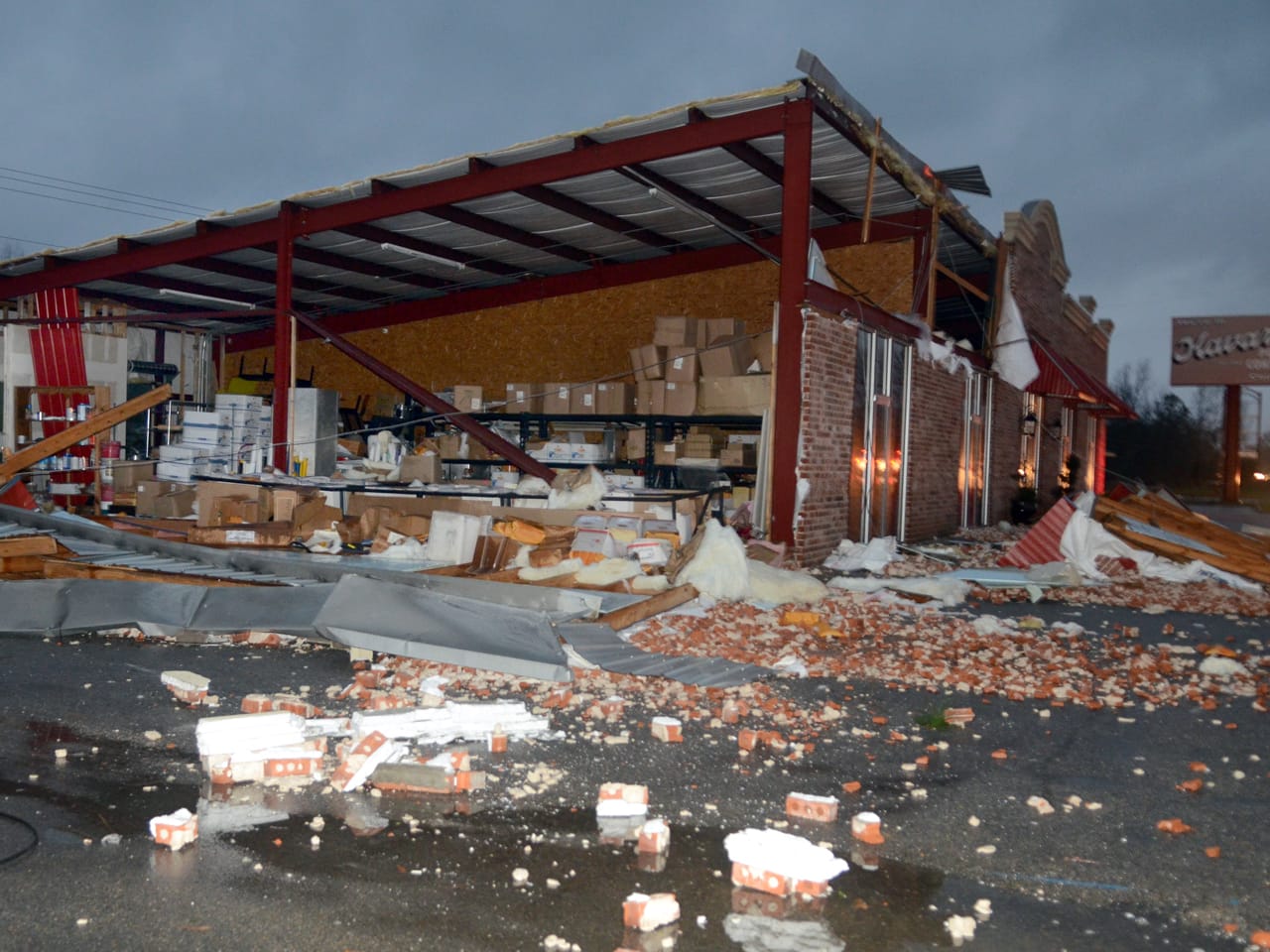In recent developments, the United States has significantly increased its military strikes against the Houthi rebels in Yemen. This escalation comes at a time when tensions in the Middle East are on the rise, particularly in relation to the ongoing situation in Israel. The U.S. government has expressed deep concern over the destabilizing actions of the Houthis, who have been accused of launching attacks that threaten not only regional security but also American interests and allies in the area.
The Houthis, a group that has been engaged in a prolonged conflict in Yemen, have been known to target Saudi Arabia and other nations in the region with missile and drone attacks. The U.S. has long supported the Saudi-led coalition that has been fighting the Houthis, providing intelligence and logistical support. However, the recent increase in strikes indicates a more direct involvement by the U.S. military in the conflict, which has drawn attention from various international observers.
The backdrop of these military actions is the ongoing conflict involving Israel, which has seen a resurgence of violence in recent months. The U.S. has historically been a staunch ally of Israel, and the current administration is keen to ensure that threats from groups like the Houthis do not divert attention or resources away from the Israeli-Palestinian conflict. The situation has created a complex web of military and diplomatic challenges for the U.S. as it seeks to navigate its interests in both Yemen and Israel.
The Biden administration has reiterated its commitment to countering Iranian influence in the region, as the Houthis are widely believed to receive support from Tehran. This relationship has further complicated the dynamics of the conflict, as Iran’s involvement in Yemen is seen as part of a broader strategy to project power throughout the Middle East. The U.S. strikes against the Houthis are thus framed within the larger context of countering Iranian aggression and maintaining a balance of power in the region.
The increase in military action has raised questions about the potential for further escalation in Yemen. The conflict there has already resulted in one of the world’s worst humanitarian crises, with millions of people in need of assistance. The U.S. strikes could lead to increased civilian casualties and further destabilization, prompting calls from humanitarian organizations for restraint and a focus on diplomatic solutions.
In response to the U.S. military actions, the Houthis have vowed to retaliate, threatening to intensify their attacks against Saudi Arabia and other regional targets. This cycle of retaliation raises the specter of a broader conflict that could draw in multiple countries and complicate efforts for a peaceful resolution to the Yemeni civil war.
The international community is closely monitoring the situation, as the potential for a wider conflict looms. Allies and adversaries alike are assessing the implications of the U.S. military’s increased involvement in Yemen, particularly in light of the ongoing tensions with Israel. The U.S. has emphasized its commitment to defending its interests and those of its allies, but the path forward remains fraught with uncertainty.
As the situation evolves, the U.S. will need to balance its military objectives with the pressing humanitarian needs of the Yemeni population. Diplomatic efforts may be necessary to de-escalate tensions and seek a resolution that addresses the underlying issues fueling the conflict. The complexity of the situation underscores the challenges faced by the U.S. as it navigates its role in a region marked by long-standing rivalries and conflicts.
In conclusion, the U.S. has amplified its military strikes against Yemen’s Houthis in a context of rising tensions with Israel. This move reflects broader strategic considerations regarding regional stability and countering Iranian influence. As the situation develops, the potential for further escalation remains a significant concern for all parties involved.


